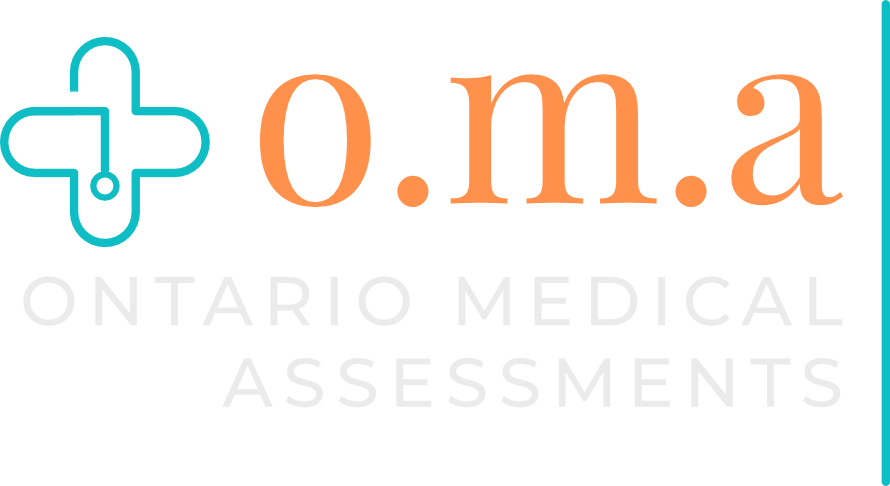Our Articles


IMEs: Assessing Their Vital Role in Today's Healthcare Landscape
Independent Medical Evaluations (IMEs) play a pivotal role in today's healthcare landscape, serving as crucial tools for impartial medical assessments in various legal, insurance, and occupational settings. As the healthcare industry continues to evolve, understanding the significance of IMEs is essential for patients, healthcare providers, insurers, and legal professionals alike.
Understanding Independent Medical Evaluations (IMEs)
IMEs are medical assessments conducted by impartial healthcare professionals who are not involved in the ongoing care of the patient. These evaluations are typically requested by third parties, such as insurance companies, employers, or legal representatives, to obtain an unbiased opinion on a person's medical condition. Unlike regular medical exams performed by a patient's primary care physician or specialist, IMEs focus specifically on addressing questions related to injury claims, disability assessments, workers' compensation cases, or legal disputes.
The Purpose and Scope of IMEs
The primary purpose of an IME is to provide an objective evaluation of an individual's medical condition. This evaluation helps stakeholders make informed decisions regarding legal claims, insurance coverage, return-to-work decisions, or disability benefits. IMEs involve a thorough review of medical records, a comprehensive physical examination, and may include additional diagnostic tests or imaging studies to assess the extent of injuries or disabilities accurately.
Evolution and Impact of IMEs in Healthcare
Over the years, IMEs have evolved significantly in response to advancements in medical technology, changes in legal standards, and shifts in healthcare delivery. Modern IMEs now incorporate electronic health records (EHRs), telemedicine capabilities, and advanced diagnostic tools, enhancing the accuracy and efficiency of evaluations. This evolution ensures that IMEs provide reliable medical evidence that meets the rigorous standards of fairness and impartiality required in legal and insurance contexts.
Benefits of IMEs
IMEs offer several benefits to various stakeholders in the healthcare system. For patients, IMEs provide independent assessments that help clarify their medical conditions in legal or insurance disputes, ensuring fair outcomes. Healthcare providers benefit from IMEs by gaining insights into complex cases and contributing to evidence-based decision-making. Insurers rely on IMEs to assess claims objectively, manage risk effectively, and maintain the integrity of insurance processes. Legal professionals use IME reports as critical evidence in litigation, supporting their arguments with impartial medical opinions.
Challenges and Considerations
Despite their benefits, IMEs also pose challenges, including potential discrepancies in medical opinions, varying standards of evaluation, and the need for clear communication between healthcare providers, patients, and requesting parties. Addressing these challenges requires adherence to best practices in conducting IMEs, ensuring transparency, and maintaining ethical standards throughout the evaluation process.
Embracing the Role of IMEs
In conclusion, Independent Medical Evaluations play an indispensable role in the modern healthcare system by providing impartial medical assessments that inform critical decisions in legal, insurance, and occupational settings. As IMEs continue to evolve with advancements in technology and healthcare practices, their importance in ensuring fairness, accuracy, and transparency remains paramount. By understanding and embracing the role of IMEs, stakeholders can navigate complex healthcare challenges with confidence, knowing they have access to unbiased medical expertise when needed most.
Other Reference Photos:
Sign Up For Our
Newsletter
Stay up to date with our news, promotions and more!
Would you like to engage with our team?
Would you like to engage with our team?


Locations
2010 Winston Park Dr Suite 200, Oakville, ON L6H 5R7
intake@ontariomedicalassessments.com
(647)-931-9346
Privacy Policy | Terms of Service
© 2024 Ontario Medical Assessments

